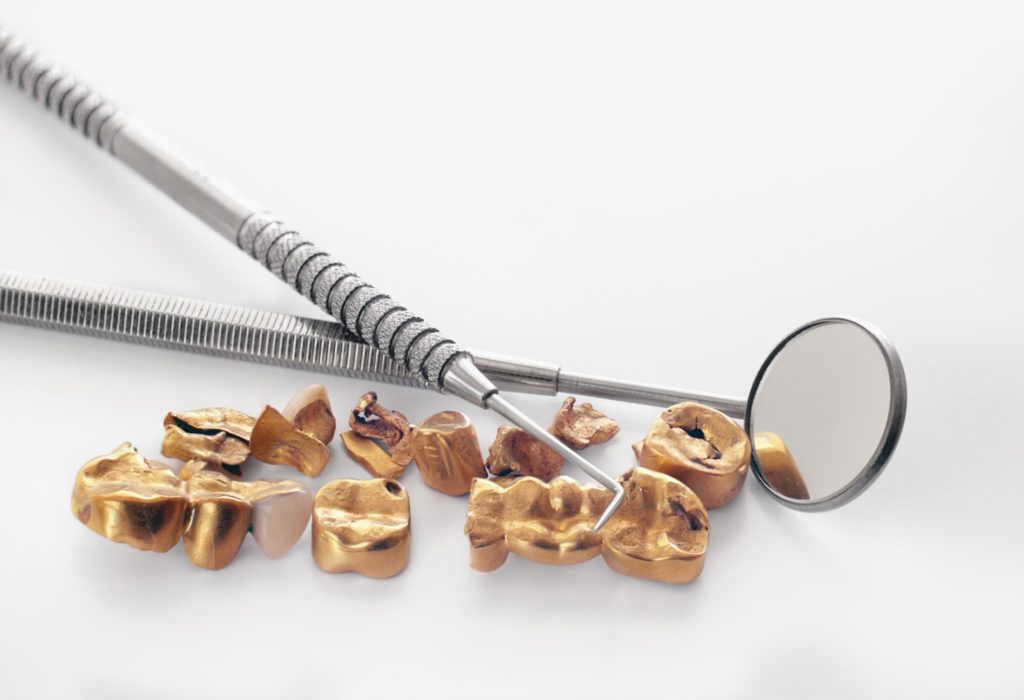 355 Reviews
355 Reviews




The Most Trusted Brand
Cash for Dental Scrap is the most trusted dental refiner in North America to purchase your dental scrap. We specialize in gold, silver, platinum and palladium crowns, bridges, PFMs, PFGs, bridges, inlays, ingots and precious metal dental alloys.
Looking for a Dental Scrap Buyer?
Did you know Cash for Dental Scrap is often the choice when people search for dental scrap buyers “near me?” Dental practices like yours choose us to work with us for compelling reasons:
We provide a streamlined and efficient online process that allows you to sell scrap without ever leaving your office.
We offer the convenience of free, secure, and insured shipping.
And, we have a reputable and transparent valuation process that ensures you receive a competitive price based on the latest market rates.
Cash for Dental Scrap saves you time and offers a risk-free option to sell your dental scrap for top dollar. In fact, we will beat any competitor’s written offer or return your items to you free of charge. Here’s how our process works:
“Absolutely amazing from start to finish. I am SO pleased with how this whole process went, and I will be recommending them to everyone I know.”


Our Guarantee
Selling your dental scrap has never been easier. You’ll receive your free Safepak which includes complimentary USPS shipping at no cost to you. Once we receive your materials, we’ll send you an offer which you can accept or decline. If you ACCEPT, we’ll rush you payment, if you decline we’ll return your material to you. Not only does Cash for Dental Scrap cover the cost of shipping, we insure your shipment against loss or damage up to $1,000.00 (USD). Additional insurance is available (up to $100,000.00) You can also track your shipment throughout every step of the process.



